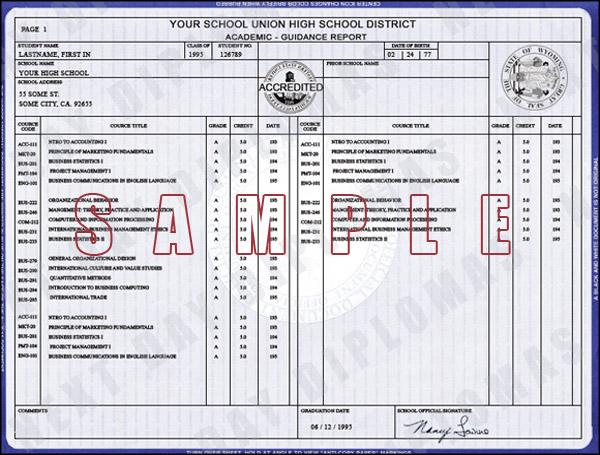Cutting Down on Cheating
Exam season is here! And with it comes lots of stress from students about how to get the best grade, and the instances of cheating go up. Below are some suggestions on how to cut down on that in classes.
Preventing Cheating By Shaping the Motivational Climate of Classrooms
Excerpted from: “The Relation Between Academic Motivation and Cheating” by Eric Anderman and Alison Koenka in Theory Into Practice, Spring 2017 (Vol. 56, #2, p. 95-102)
“Academic cheating occurs frequently in schools,” say Eric Anderman and Alison Koenka (The Ohio State University) in this article in Theory Into Practice. “Cheating is a deliberative act, in that students make a conscious decision to engage in academic dishonesty.” Why is there so much cheating – 75 percent of students admit to it in high school or college – and what can be done about it? There are three questions students might ask themselves as they confront a situation where they might be tempted to cross the line:
• What is my goal in this class? Among the possibilities: Getting a good grade; really learning and understanding the material; doing better than my classmates; not looking dumb. The key variable is whether the teacher and students are more focused on mastery (really learning the material) or performance (for extrinsic or intrinsic rewards).
• Can I do this? This involves students’ beliefs about their skillset and ability to complete the task, their expectations for success, and whether the teacher will evaluate the work fairly. Research has shown that low self-efficacy is a key factor in students cheating.
• What are the costs of cheating? Students consider the chances of being caught and punished, the effect of being a cheater on their self-concept, and guilt – and whether they’re willing to live with any or all of those outcomes.
Anderman and Koenka say that classrooms focused on mastery and intrinsic motivation have much less cheating: “If students are learning in an environment in which they (a) are encouraged to master the material, and (b) have the opportunity to work on various tasks, activities, and assessments until they reach a point of mastery, then cheating serves little purpose and results in minimal benefits… In contrast, when students learn in environments that are highly competitive and stress relative ability and exam performance (i.e., extrinsic or performance goals), cheating will be a more viable option for students.” The same is true for situations where students are anxious to avoid appearing incompetent.
Anderman and Koenka have the following suggestions for principals and teachers who want to minimize cheating in classrooms:
• Emphasize mastery. One of the best ways is framing assessments as opportunities for students to improve understanding (through formative checks for understanding), enrich learning (through detailed feedback on attempts), and demonstrate proficiency (in summative tests). It’s especially helpful to allow students to re-take assessments until they demonstrate mastery. Teachers should also make parents aware of learning goals and assessments.
• Orchestrate cooperative learning. Handled well, this can foster a mastery orientation and discourage cheating. The key conditions are that students in cooperative learning groups are interdependent, have a common goal, are individually accountable for learning, build interpersonal skills, and have their eye on the bigger picture of the curriculum unit.
• Don’t stress students out about grades. Rather than saying, “Friday’s test is really big; if you fail it, you’re sunk for the semester,” say, “Friday’s test covers concepts that are fundamental building blocks for your understanding of more advanced material.”
• Clearly communicate learning and assessment expectations. When students don’t know what will be covered on a test, aren’t clear on the criteria for a successful essay, or believe grading policies are unfair (e.g., grading on a curve), they’re more likely to cheat.
• Don’t publicize students’ grades. Some teachers believe that displaying test results or hanging up A assignments is a motivator, but Anderman and Koenka say these practices convey a performance goal structure. Rather than public display of grades or papers, they recommend giving students private feedback on what’s effective and what needs to be improved, and not comparing work with that of other students. “In cases where providing exemplars is necessary,” say the authors, “we recommend aiming to provide specific ones from every individual’s or team’s assessments (e.g., a particularly strong topic sentence from one team and an especially creative approach to solving a problem from another team).”
• Talk about cheating. Students and parents should be crystal clear on what constitutes cheating, the strong likelihood of being caught, and the serious consequences that will ensue. But the emphasis should be on how cheating undermines the real goal: mastering the material.



